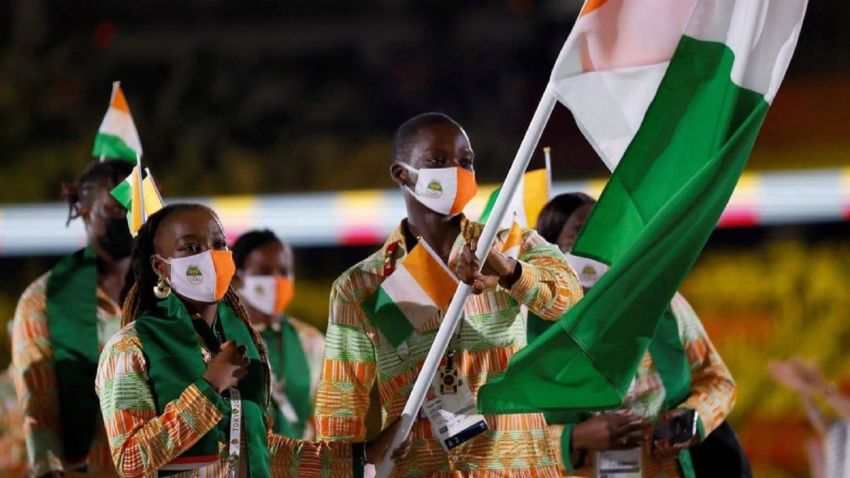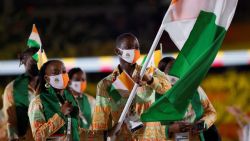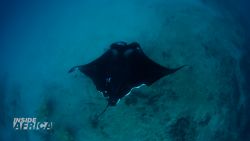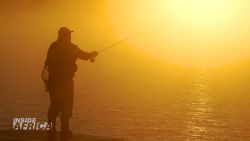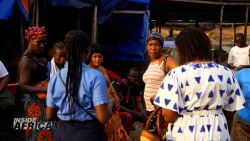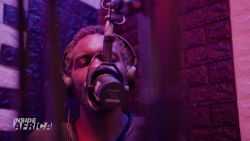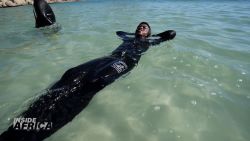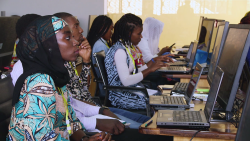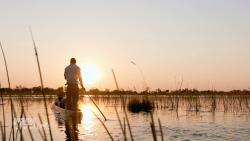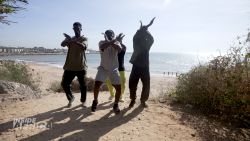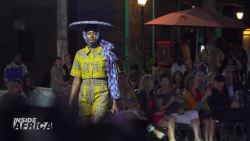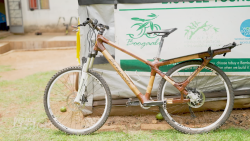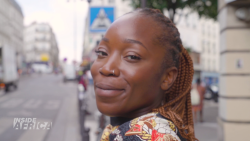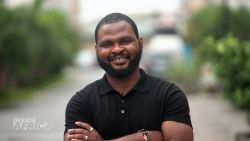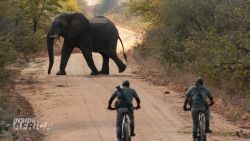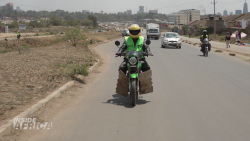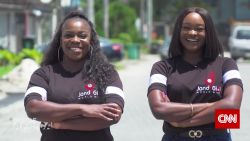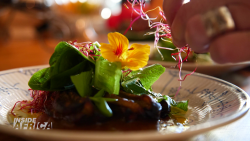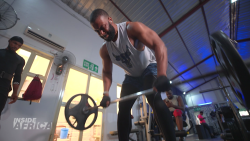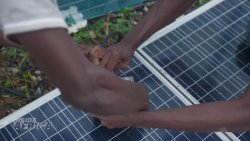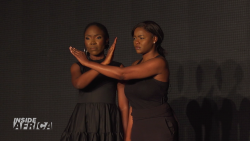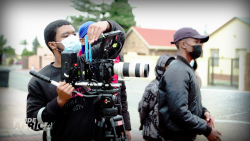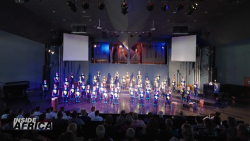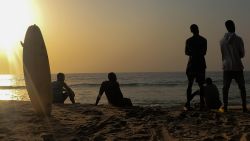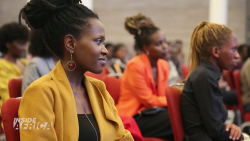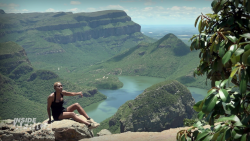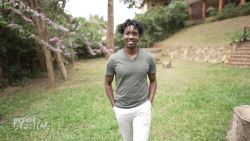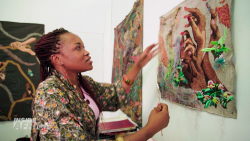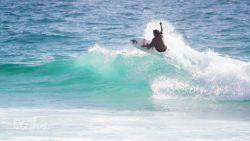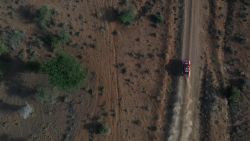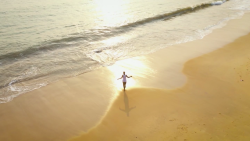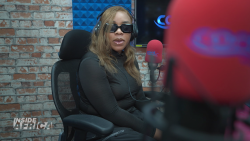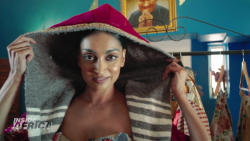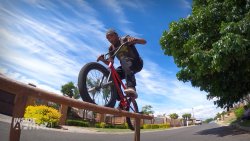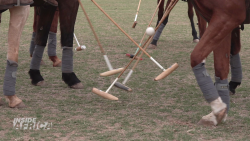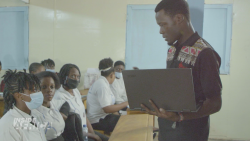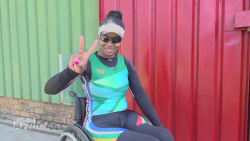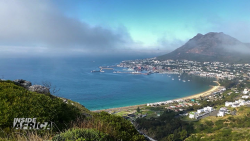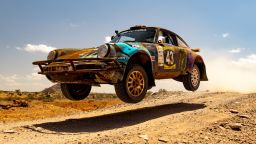Many people dream of becoming an Olympian but only a handful ever make it.
At age 23, Franck N’Dri became the first Olympic rower from Ivory Coast when he participated in the Tokyo 2020 Games. With guidance from his coach, Canadian former Olympic rower Timothy Turner, N’Dri was able to honor the ambition of his late father, a man who was a national kayaking champion. His father introduced N’Dri to watersports and continues to inspire him to become a better rower.
“I have my father’s face in my head when I row,” says N’Dri. “He was always telling me that as long as you’re rowing, as long as you’re breathing, don’t give up – keep going until the end.”
The next generation
Now, N’Dri wants other Ivorian rowers to be able to emulate his Olympic success. He says that one barrier to increasing participation in Ivory Coast is a perception that water sports are unsafe.
“Parents are very afraid of the water and [for] their children approach it,” says N’Dri.
Related story: These African athletes made history at Tokyo 2020
To combat this, N’Dri is planning a youth meeting day to speak about rowing and dispel any fears surrounding it. Through community engagement events, N’Dri hopes he can help breed the next generation of rowing professionals in the country.
Another challenge is the lack of funding for equipment and training. N’Dri believes the sport needs more support from the country’s Ministry of Sport and the World Rowing Federation.
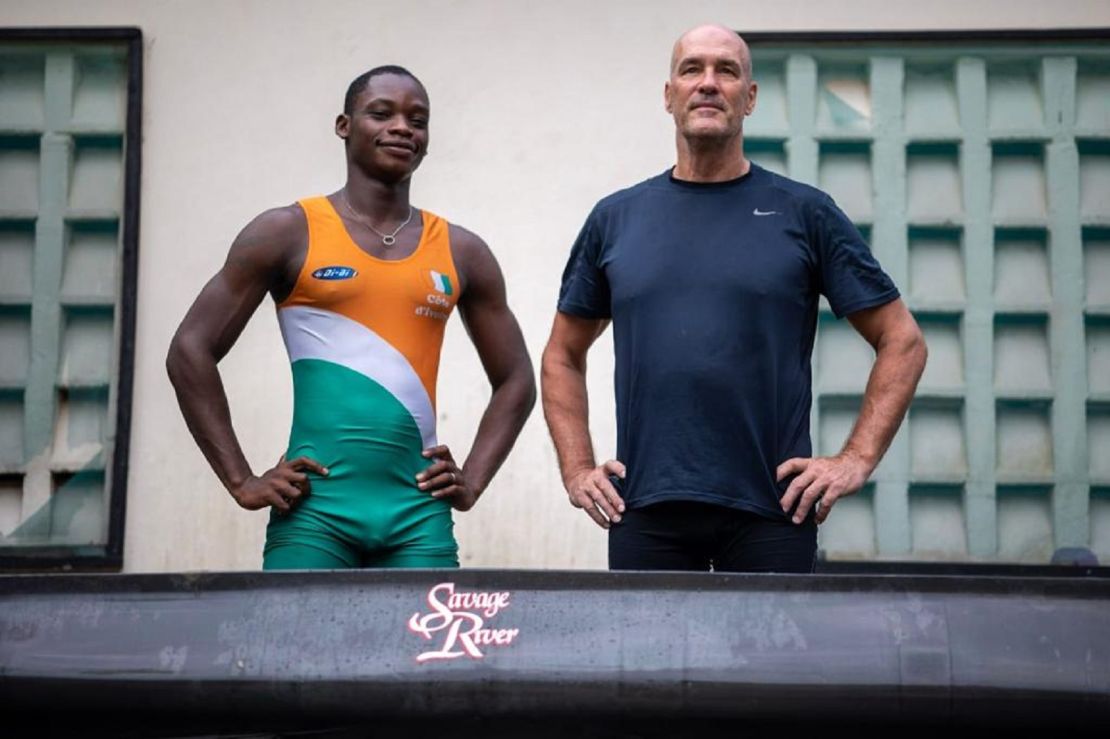
‘If I stop working, I stop rowing’
Despite representing his country at the Olympics, N’Dri isn’t able to row full-time. From 8am till 4pm on weekdays, he makes money as a toll booth collector in city of Abidjan. “I have to work to feed myself but also to help my family,” says N’Dri. “If I stop working, I have to stop rowing too.”
Still, the busy schedule does not stop N’Dri from training every day. Waking up to a 4:30 alarm, he fits in a training session to improve his endurance, physical strength and technique. N’Dri believes that this level of discipline is necessary to compete at an international level. However, getting the financial support from governing authorities to train well “is a battle that will be long, very long,” he says.
Now based in Canada, N’Dri’s coach recognizes the struggle the rower faces to balance training with his day job. “He has to … devote himself to his goal of going to the Olympics,” says Turner. “It takes a lot of time and a lot of effort.”
N’Dri is now preparing for the 2022 World Rowing Championships that takes place in the Czech Republic this September. He has ambitions to qualify for the 2024 Paris Olympics but his priority is to become one of the best rowers in Africa.
The sport has been steadily growing on the continent. In 1992, rowers from just two African countries – South Africa and Zimbabwe – qualified for the Olympic Games, according to the World Rowing organization. At the Tokyo 2020 Games, rowers from 13 African countries qualified, including Benin, Morocco and Namibia.
Facing increasing competition, N’Dri continues to train hard every day. “In rowing, everything is important,” he says. “Every detail counts. You mustn’t miss anything, you mustn’t leave anything to chance.”

